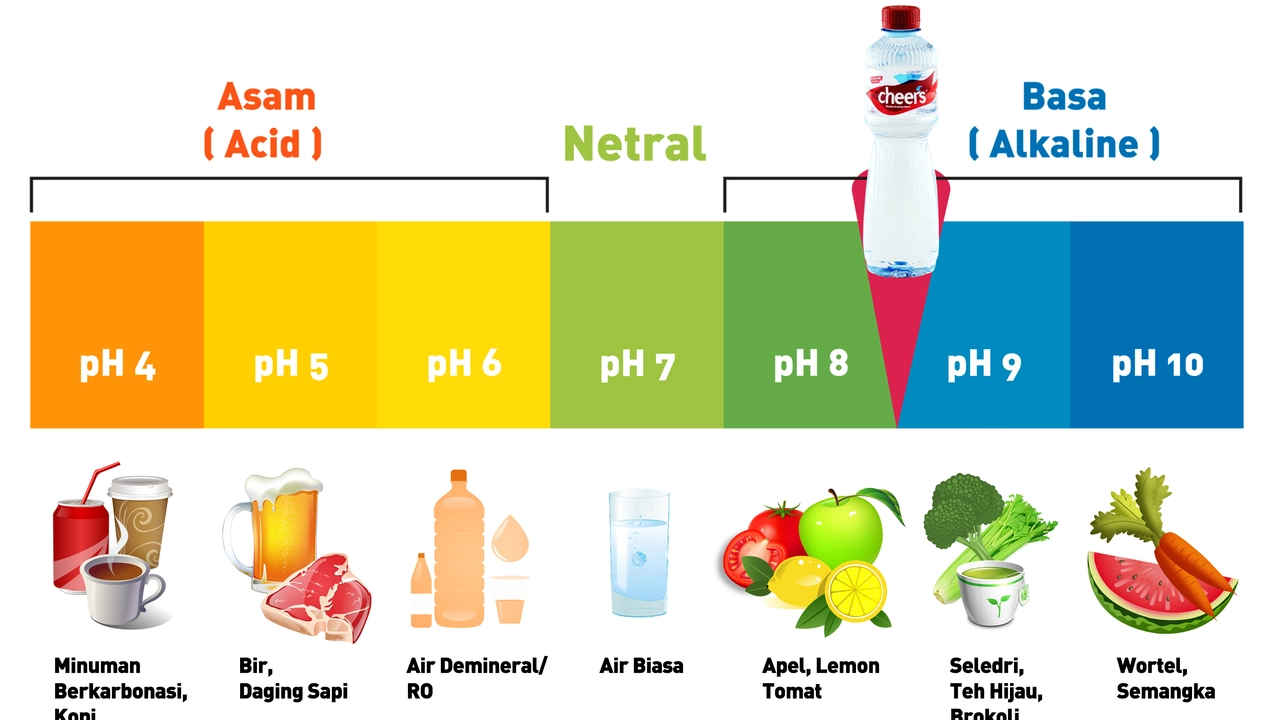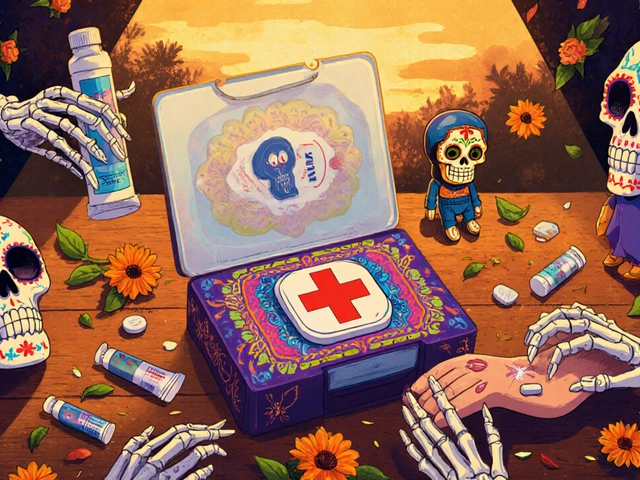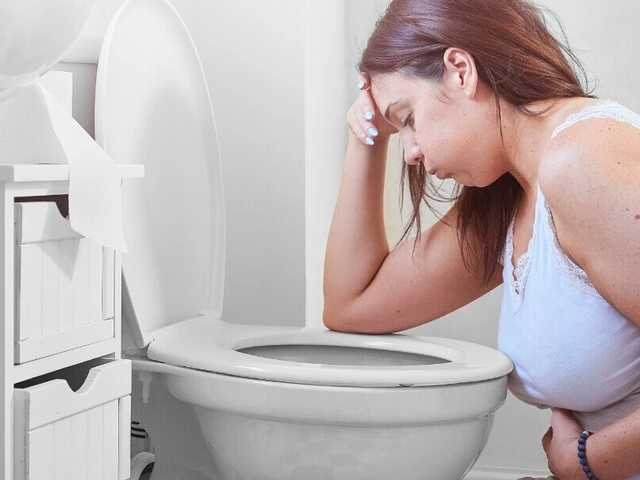Diarrhea: Causes, Fast Relief & When to Seek Help
Diarrhea means loose, watery stools more often than usual. It’s one of those common problems that can ruin a day — or worse, lead to dehydration. Most episodes are short and viral, but bacteria, food poisoning, medicines (especially antibiotics), and chronic conditions can also cause it. Knowing simple steps to feel better fast — and when to get help — matters.
Quick home treatments that actually work
First thing: replace fluids and salts. Plain water helps, but an oral rehydration solution (ORS) with sodium and glucose is best for moderate losses. You can buy ORS or mix a simple homemade solution: 1 liter water, 6 teaspoons sugar, 1/2 teaspoon salt.
For adults, loperamide (Imodium) can reduce stool frequency and help you get back to daily life. Don’t use it if you have a high fever or bloody stools — that could mean a bacterial infection that needs testing. Bismuth subsalicylate (Pepto-Bismol) helps mild travelers’ diarrhea and reduces stool frequency and cramps for some people.
Probiotics can shorten symptoms modestly, especially Saccharomyces boulardii and some Lactobacillus strains. Try them early and stick to products with clear strain info. Avoid dairy, greasy foods, and caffeine until you recover. The BRAT approach (bananas, rice, applesauce, toast) is gentle, but you don’t need to stay on it long — a normal bland diet is fine once appetite returns.
When antibiotics or tests are needed
If diarrhea follows antibiotics, think about C. difficile — tell your doctor right away. For severe bloody diarrhea, high fever, or signs of systemic infection, stool testing can identify bacteria like Salmonella, Campylobacter, or E. coli. Some bacterial infections respond to antibiotics; others don’t benefit and may even be harmed by unnecessary drugs.
Travelers with severe symptoms might be prescribed a short course of azithromycin or rifaximin (Xifaxan) depending on where they got sick. Don’t self-prescribe antibiotics — a clinician can pick the right drug and dose.
Watch kids, older adults, and people with weakened immune systems closely. Infants and the elderly dehydrate faster and need medical attention sooner. For babies, any sign of decreased wet diapers, sunken fontanelle, or lethargy is a red flag.
Signs you should see a doctor now: continuous vomiting, dark or bloody stools, fever over 38.5°C (101.3°F), severe abdominal pain, dizziness, or diarrhea lasting more than 48 hours in an adult (sooner for children). If you’re unsure, call your clinic — they’ll advise testing or treatment based on symptoms and travel history.
Simple prevention goes far: wash hands, avoid risky foods and tap water when traveling, and store food safely. If diarrhea hits, focus on hydration, rest, and sensible use of medicines. Most people recover within a few days, but quick action matters when signs point to something more serious.

Hi guys! In today's post, I'll be exploring the relationship between an alkaline diet and gut health, particularly with respect to alleviating symptoms of diarrhea. We'll dive deep into how maintaining pH balance through an alkaline diet can impact our digestive health. Let's unpack the significance of pH balance for managing gut health, and discover what foods can help neutralize acidity in our bodies and potentially provide relief from diarrhea. It's time to take control of our health, one meal at a time!
Chris Gore Nov 8, 2023



